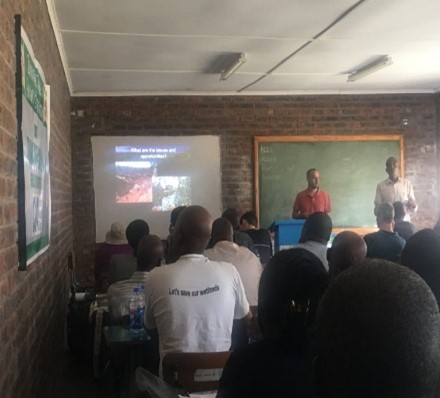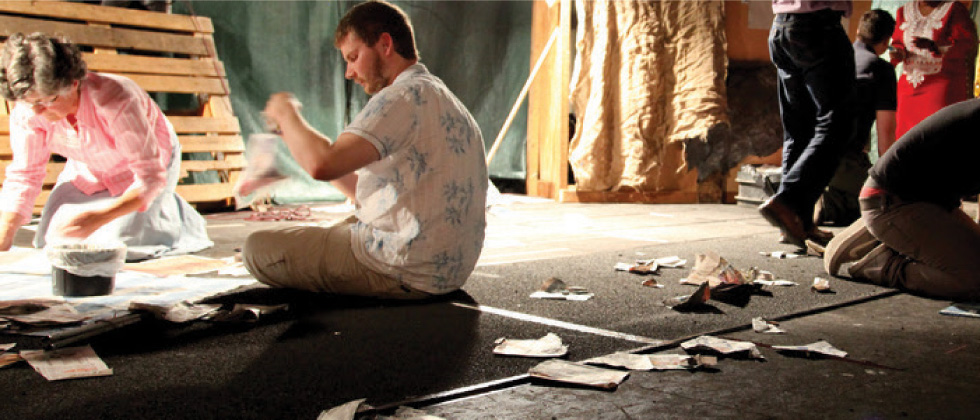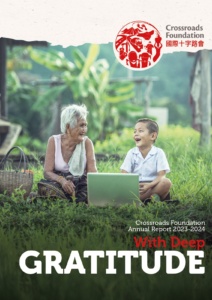Sustainable projects to help the poor
Over half of the population in Zimbabwe is under 20 years old, and Crossroads’ partner talks positively of their energy and optimism. But the dire economic situation in the country has caused major problems for the people, resulting in very low-income levels, family breakdowns, substance abuse, and gender-based violence. Schools in rural areas often have only one teacher for 60 to 80 children. In addition, HIV/Aids is still rife in the country, and there is a lack of appropriate training for the communities and support for those affected.
The organisation ready to receive this shipment has a vision to empower deprived communities in education, agriculture and conservation, as well as sport and art. They want to work on building sustainable agricultural practices in order to alleviate poverty. This is achieved with innovative permaculture, conservation, sporting and educational programmes, all the while promoting the conservation of Zimbabwe’s biodiversity, wildlife and natural resources.

New ideas for Rural Communities
The project being supported by this shipment is working hard to introduce measures encouraging sustainable farming and market gardening. They have brought bee-keeping and the use of honey to improve nutrition, and skills to work the ground in small market gardens. They have tree-planting projects (for which they held a conference to spread information and techniques, photo below) and have introduced new wood-saving stoves which have transformed the community, partly by giving improved access to organic fertilizer and water conservation.

Another one of the numerous project beneficiaries was a young man called Trevor. At 17 he was a loner, walking the streets, sniffing glue to get high and involved in petty crime. He had lost a parent and the arrival of a stepmother drove him out of his home. But project workers met up with him, helped him through their work in the community, and he went on to be a reformed husband and father of a young daughter. He is involved in football activities and market gardening at the centre.

The consignee welcomes clothing and household goods which can be distributed to the local communities who struggle with poverty, as well as practical items to be used for training purposes, small businesses and health centres.
Fish farming has also been introduced, and a bore hole powered by solar panels was installed with help from external funding.





